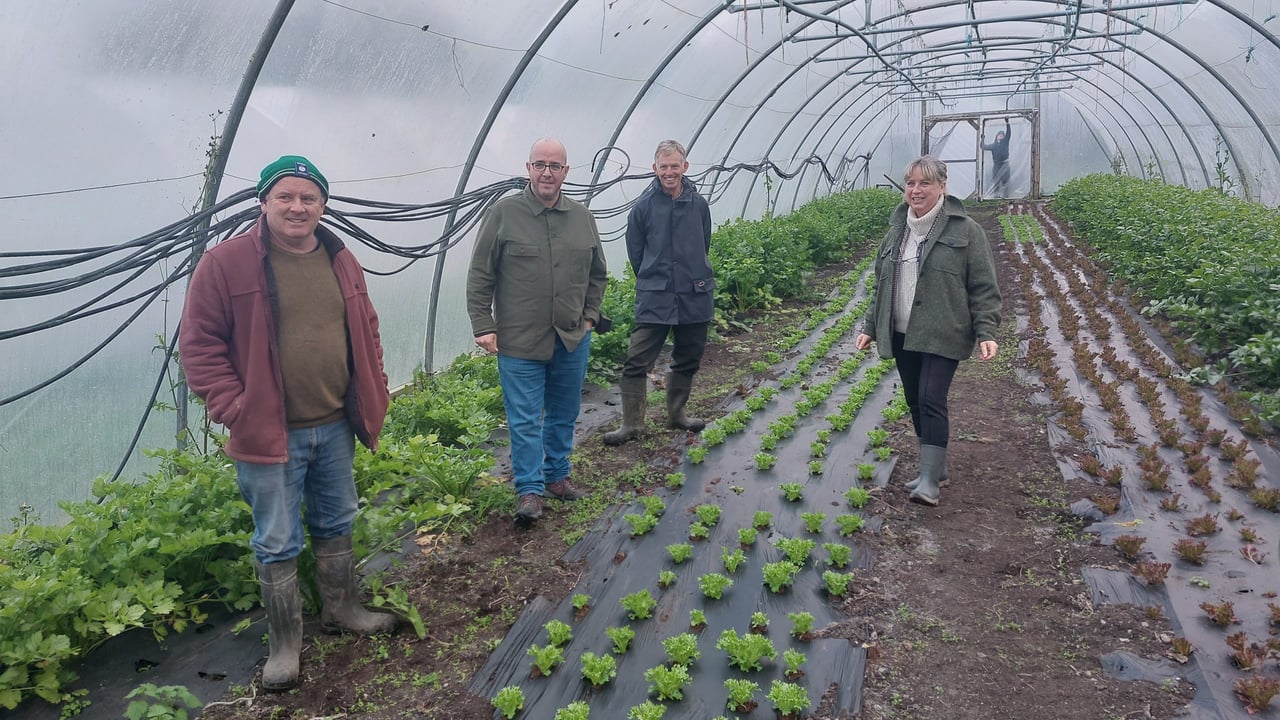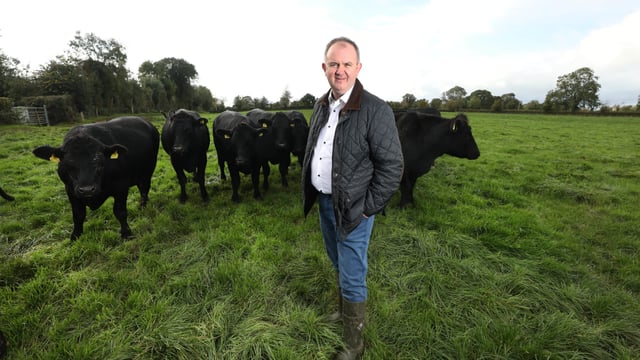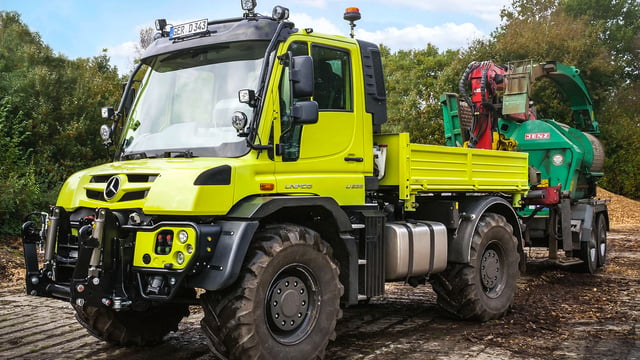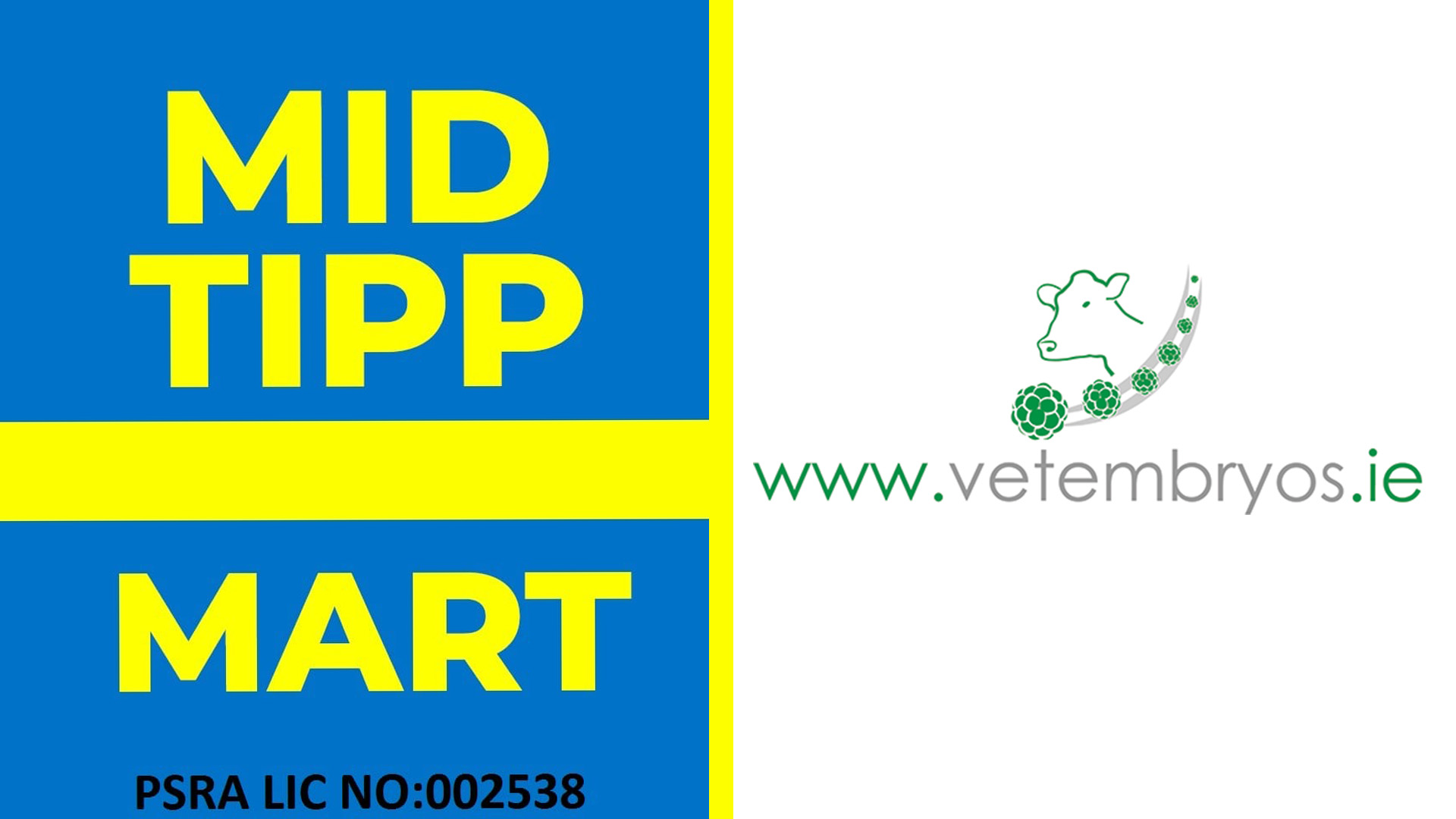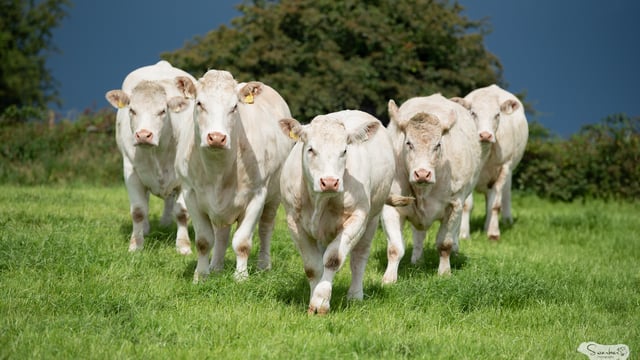EU project sees Irish organic growers double sales in 3 years
11 organic growers in the Irish horticulture sector saw more than a two-fold increase in sales value as part of an EU European Innovation Partnership (EIP) project.
A final report on the project - known as 'Maximising Organic Production Systems' (MOPS) - has been released.
The report, and the success of the project, have been welcomed by Sinn Féin MEP Chris MacManus, who recently visited one of the participating growers, Beechlawn Organic Farm in Ballinasloe, Co. Galway.
The 11 growers managed to increase their sales volume by 112% - from €3.8 million to €8.2 million - between 2017 and 2020.
According to the Ireland Midlands-North West MEP, this was done through a "collaborative approach to growing and supplying organic fresh produce".
MacManus noted: "Farm cropping plans were designed to complement the output of the other project farms, optimising production while there was a sustained increase in market demand for organic horticultural produce for the MOPS project growers."
"While there are a number of EIPs across the state, the success of MOPS and others highlights the need for more such projects to be established," he argued.
MacManus added: "I would like to commend the Irish Organic Association [IOA], in particular their CEO Gillian Westbrook, and all the growers who took part in this project."
In other EU-related agri-news, another MEP has warned that the next two weeks are "crucial" to protect the transport and export of live animals.
Fianna Fáil MEP Billy Kelleher said today (Friday, January 7) that he will attempt to gather enough support from fellow MEPs to table amendments to a report that is coming before the European Parliament later this month.
The report, which was compiled by the parliament's Committee of Inquiry on the Protection of Animals during Transport (ANIT), makes a number of wide-ranging recommendations on animal transport regulations.
These include: a ban on the transport of pregnant animals in the last third of gestation; a maximum journey time of two hours for unweaned animals over 35 days; and a complete ban for unweaned animals under 35 days.

